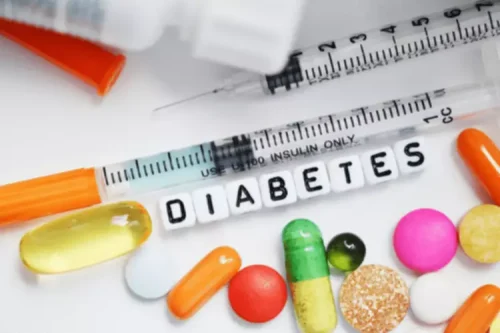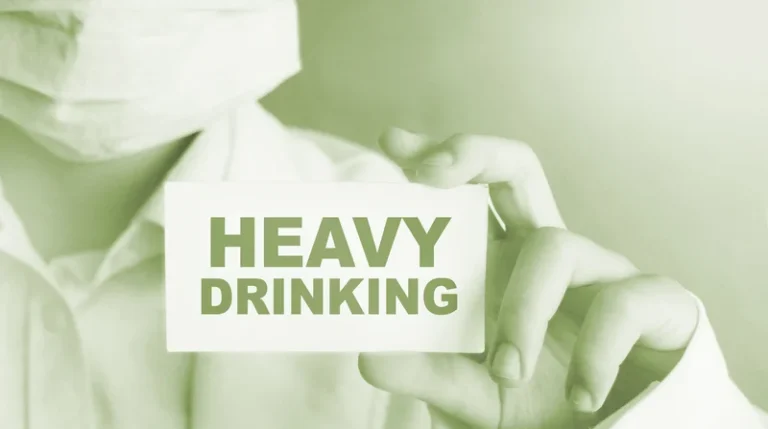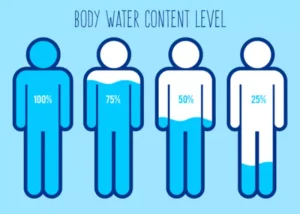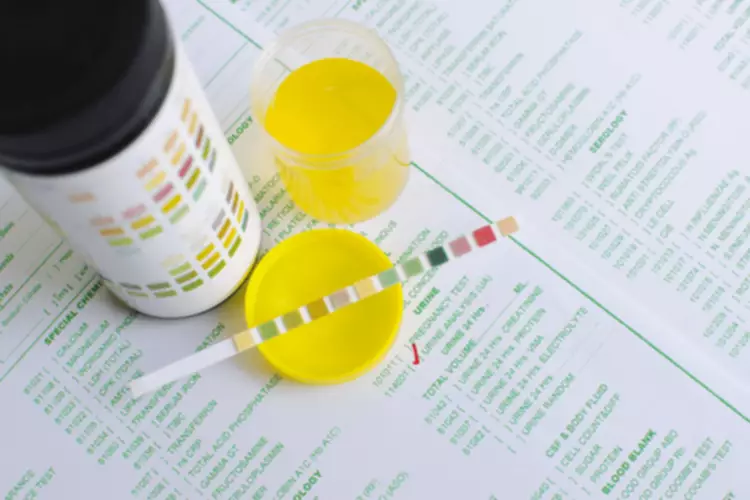10 Alcohol Withdrawal Symptoms to Know When You Stop Drinking

They should be considered severe and potentially life-threatening. If you experience these symptoms, you should seek immediate medical attention. alcohol sneezing As a result, their bodies produce inactive ALDH enzymes that are unable to properly break down the alcohol into acetic vinegar.

Does Drinking Alcohol Cause Nasal Congestion?
People with this condition usually experience swelling in the lymph nodes in areas including the neck, armpits, or groin. An alcohol allergy can occur when a person with an alcohol allergy comes into contact with alcohol, which is also known as ethanol. If you’re starting a new medication, it’s always a good idea to talk with your healthcare provider or pharmacist about how your medication can interact with alcohol. People can develop an alcohol intolerance for a couple of reasons. Aldehyde dehydrogenase (ALDH2) is an enzyme that your body uses to digest alcohol. It turns alcohol into acetic acid, a main component of vinegar, in your liver.

Can You Mix Trazodone and Alcohol? Plus, 3 More FAQs About This Risky Combination

People can try pinching their nose at the first sign of a sneeze. Some people are in situations where they constantly come into contact with irritants in the air. This may be due to their occupation, or a person may have hobbies or live in an area where irritants are regularly in the air. A person may be able to stifle a sneeze by stimulating the roof of their mouth with their tongue.
From ethanol to harmless waste products — how the body metabolizes alcohol
Having a mild intolerance to alcohol or something else in alcoholic beverages might not require a trip to a doctor. Simply avoid alcohol, limit how much you drink or avoid certain types of alcoholic beverages. The first symptoms—and maybe the only symptoms—you experience may resemble a bad hangover. She adds that withdrawal can also occur after a significant reduction in alcohol consumption.
What Are the Immediate and Long-Term Health Benefits After You Stop Drinking Alcohol?
In other cases, people can be intolerant to the chemicals that give alcoholic drinks their flavour and colour, not the alcohol itself. Histamine (found in red wine) and salicylates (found in wine, beer, rum, and sherry), are common examples. It’s possible to be allergic to alcohol, but it’s not very common.
- Research suggests that up to 10 percent of asthmatics are sensitive to sulphites, with the severity of reactions varying from mild to life-threatening.
- Also, 30–35 percent said that it made their asthma worse.
- For many people, wine is the drink that causes them to sneeze.
- If a person is allergic to a particular ingredient found in some drinks, they could switch to drinks that do not contain it.
- Alcohol intolerance happens when your body reacts in an unpleasant way to alcohol, but the process doesn’t involve your immune system.
This dilation occurs first in the brain, so you may feel flushed or warm after only a few sips of alcohol. The dilation then extends to blood vessels throughout your body, including those in your nose. But experts do know that nonallergic rhinitis happens when blood vessels in the nose expand. These blood vessels fill the tissue that lines the inside of the nose. For instance, the nerve endings in the nose might react to triggers too easily. Another type of allergen, lipid transfer protein (LTP), is found in fruits, vegetables, nuts, seeds and cereals, and can also be present in some alcoholic drinks.
- Here’s some information to help you get ready for your appointment.
- There are genetic tests that can tell you if you have an ALDH deficiency.
- Alcohol can behave differently in people of different gender and age, or after taking with other drugs.
Not-so-Happy Hour: The Link Between Alcohol & Allergies

Alcohol intolerance can cause immediate, uncomfortable reactions after you drink alcohol. The most common signs and symptoms are stuffy nose and skin flushing. If you find out that you’re allergic to one ingredient, you might still be able to enjoy beer. With a little research and careful label reading, you may be able to find beer that doesn’t contain that particular allergen.

























